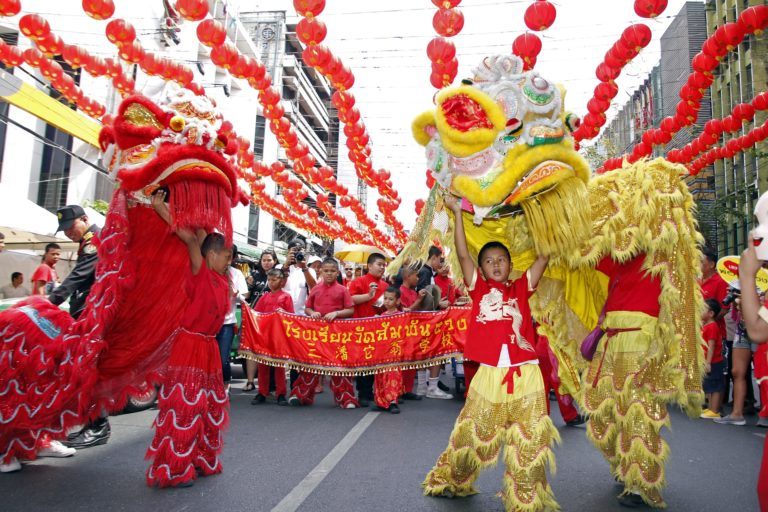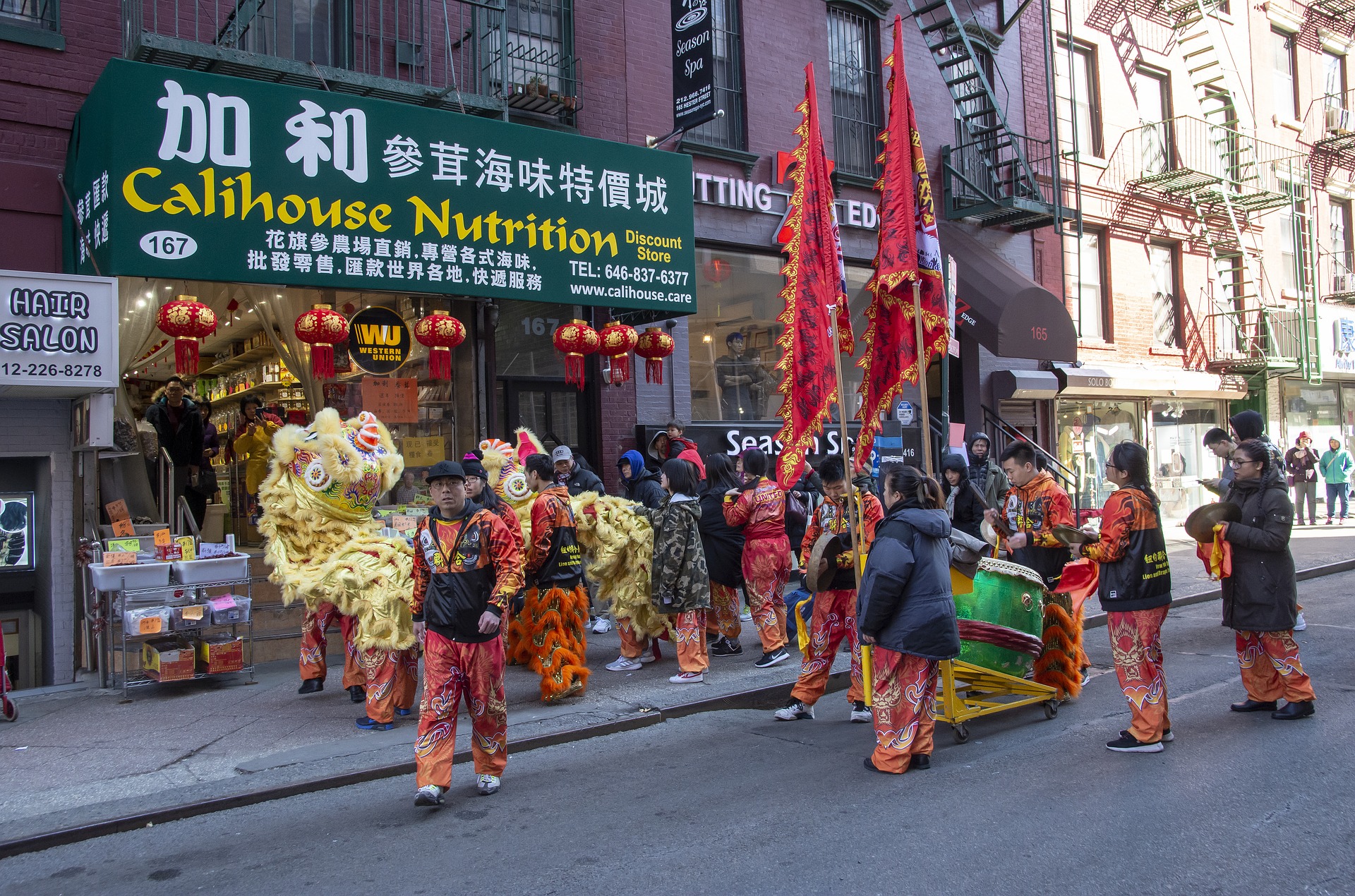
The Chinese New Year, or as it is also known, The Lunar New Year or Spring Festival, is quite possibly the biggest annual event in China and other Asian countries where it is celebrated. The Chinese will get a 7 days holiday from work starting on New Year’s Eve and lasting until the sixth day of the new year. Some may take even longer, upto fifteen days into the new year and the Lantern Festival.
This year, 2021, New Year’s Eve is February 11th and the new year will, under the Chinese zodiac, be the year of the Ox. The date of the Chinese New Year is associated with the moon cycle and generally falls on the date of the first new moon in the Lunisolar calendar. Occasionally an extra month has to be added to stay roughly in line with the more widely used Gregorian calendar as a full lunar year, twelve lunar cycles, is only 354 days.
Celebrations for the Chinese New Year are extremely lavish, decorations are put up at home and in public areas. You may have noticed that red is a predominant colour, it is widely believed that the colour red is lucky and the new year is all about bringing luck and prosperity for the coming year. Families will exchange gifts, normally a red envelope containing money.
Decorations will also feature symbols of the new zodiac sign, so you will see plenty of oxen this year. In public parks from new year’s day you will see some traditional displays including dragon dances, lion dances and imperial performances. To actually welcome in the new year millions of firecrackers and fireworks will be set off. Firework displays will be the most extravagant of the whole year – a tradition that has now been adopted by the western world. But the main event of the festivities is spending time with family and, of course, the meal on new year’s eve.
The Chinese transport network heaves under the pressure during the new year festival. It is an important time for family and with a week off work, everybody tries to get somewhere to be with family. During the Covid pandemic the Chinese authorities were extremely concerned about the number of people who would be travelling. The new year’s eve meal is known as Reunion and is extremely important to the Chinese community and all members of the family are expected to attend.
If for any reason family members are absent a place will be set for them at the table and left empty. There are certain foods associated with luck, prosperity and wealth that are traditionally eaten. Fish represents an increase in prosperity, Chinese dumplings great wealth and a glutinous rice cake will bring higher income and position. The meal will normally start early evening and can last until midnight, with many of the symbols of good luck and fortune eaten throughout. Meat should not be eaten on the first or the fifteenth day, the Lantern Festival, of the new year.
Other traditions linked to the festival include not washing your hair, not washing your clothes or sweeping up on new year’s day – don’t sweep away the luck for the year. Although the Chinese people are becoming less superstitious they still believe firmly in their traditions.

In recent years many restaurants in western countries have adopted the Chinese tradition of celebrating the new year at the time of the lunar year and organise meals and festivities to match. Even here in France, which has a very small Asian community, supermarkets and restaurants have jumped on the bandwagon. My own restaurant in past years has been fully booked for the Chinese New Year but, unfortunately, this year we will be offering only a takeaway service.